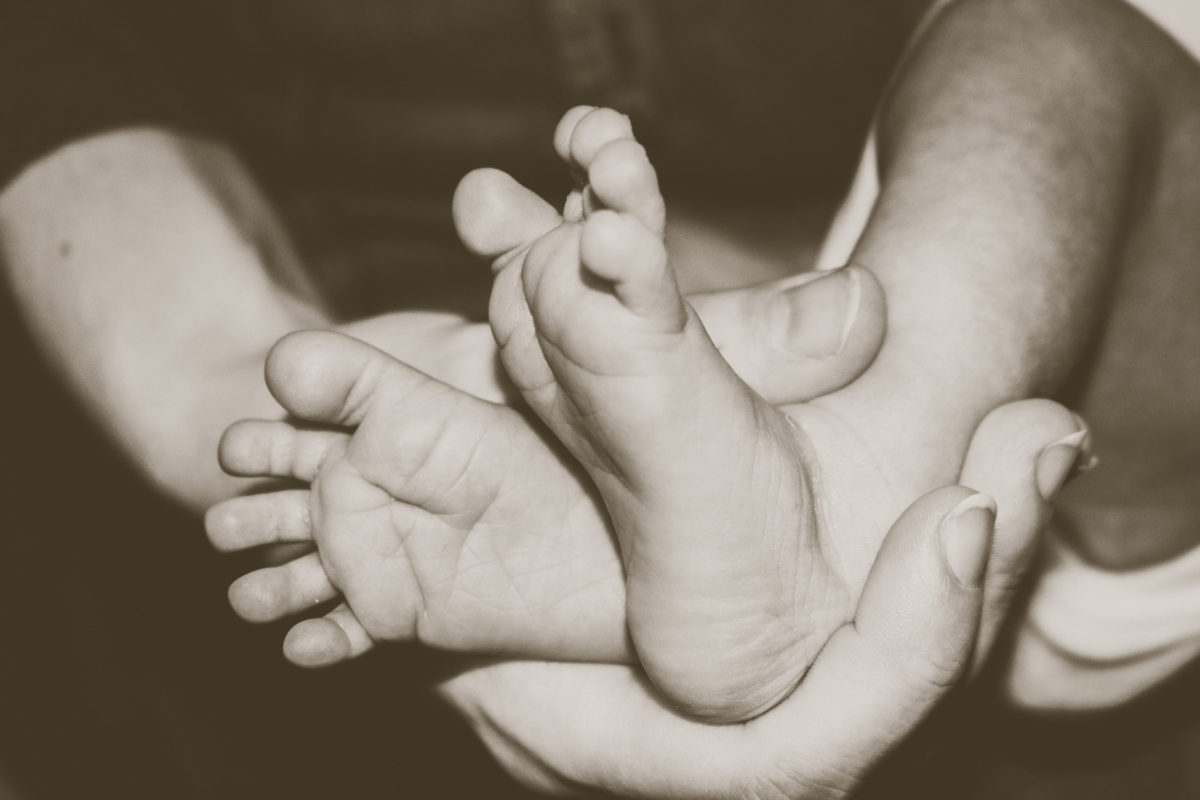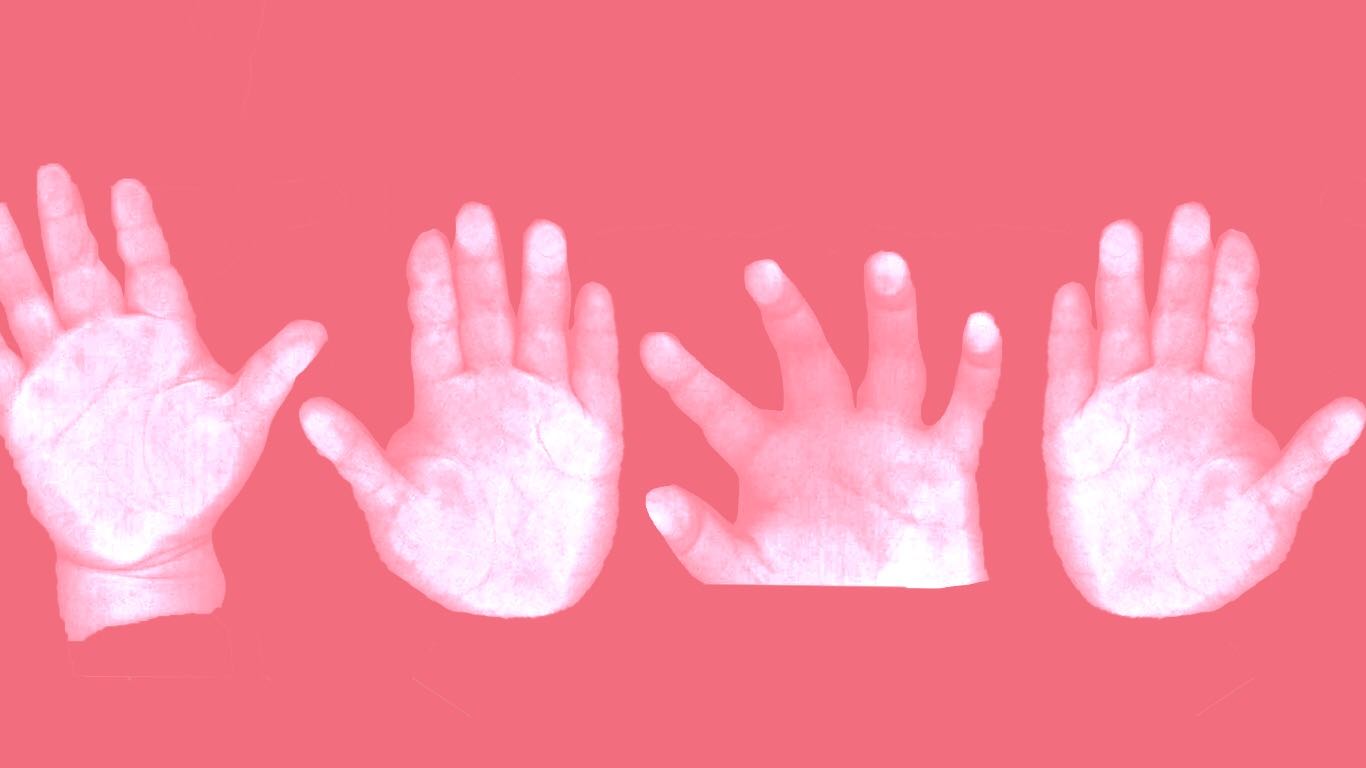Over the course of several years, Tsuya Yee, the Assistant Dean of Academic Affairs at The New School For Social Research (NSSR), noticed a trend in some of her PhD students: after having children, they were dropping out. “Mostly in the after-coursework stage, once you get into the exams,” she said. She observed the phenomenon of “secret parenting,” a term coined in an article from The Atlantic, when college students hide or never mention having children to their professors and peers out of fear it will impact their studies.
“You end up hiding your family obligations to maintain the ideal scholar, who’s not somebody who’s parenting young children,” she said. “It’s somehow not compatible. Even though a lot of people are doing it, they just have to do it secretly.”
So, Yee dug deeper. She sent out a survey to all students at The New School for Social Research, targeting students who were the primary caregiver for children under the age of 15. “It started out with a small group of students that I know are parents to try and figure out what some of the needs are,” said Yee. “From that meeting, we created [the] survey that we sent around to all NSSR students to ask about their needs.” Questions ranged from asking students where they need support to proposing daytime social gatherings for students and their children.
According to Yee, the survey received 35 responses from students, detailing their struggles and thoughts on what can be done about them. The outcome was the development of NSSR’s Student-Parent Meetup, which provided a space for parents enrolled at the school to discuss the ups and downs of student parenting, what The New School can do better, and to establish connections among each other.
The first meetup, which Yee said was attended by about 20 students, children, and allies, was held on Nov. 15. At the meeting, Yee says that one main theme prevailed: isolation. “They don’t feel like there are a lot of parents, and that kids are pretty invisible here,” she said. “It just seems like the kind of place where you’re not supposed to bring your kids.”
For one student, Karolina Koziura, who is an international student and PhD candidate in the sociology program, Yee’s initiative is a powerful one. “Sometimes you’ll see pregnant women around the school, or a pregnant student, but we don’t have a connection to one another,” she said. “It was a very lonely process [for me], to some extent. I think that this idea for this kind of community is very important.”
When Koziura became pregnant with her daughter Ida, she was preparing for her exams and balancing her other coursework. Alongside baby supply shopping and preparing to become a parent came anxiety, as Koziura grappled with how to tell her professors that she was pregnant. “I had many fears about becoming a parent and how it was going to affect me as a student and writing a dissertation,” she said. But their reaction—or lack thereof—surprised her, as she found that her professors treated her no differently than they always had. “Being pregnant and thinking the baby would affect my studies, that was never the case,” she said. “No one ever suggested that.”

Another student, Jonathan Berk, who is writing his PhD dissertation in philosophy, is also raising two sons—Oscar, 6, and Gus, 4 ½—with his wife, Amy. They are both nursery school teachers, and both sons are able to attend the school he works at. “A normal day is bringing one of them to school, and then Amy brings the other one. Then, I work, I go to my jobs,” he said. “Bringing them back and forth from Queens to nursery school is a big part of the day.”
The biggest obstacle in this balancing act? Time, said both Koziura and Berk. The PhD workload is often extremely time-consuming, with students studying for exams, writing years-long dissertations, and attending classes—all on top of parenting. “I imagine it would be like getting two degrees at once, where you have to divide your time and something always is sacrificed by that,” said Berk.
Koziura agreed, emphasizing the complications of work-life balance. “I can’t spend as much time at the university and participate in the events and the lectures because I have the baby at home,” she said. “Finding the physical and emotional balance between those two is very important, but it’s a big struggle. The balance is never set because the needs are always changing.”
At the student-parent meetup, Berk said that he found comfort in the new community. “There was something that I felt in the beginning when I first had children that I don’t feel anymore, a feeling that I shouldn’t talk about it,” he said. “We’re all trying to fit in as students and be the right kind of student, and I had a feeling that I was not the right kind of student here.”
The feelings of isolation that students have experienced lie within the accessibility of on-campus resources. Across The New School’s 21-building campus, there are seven changing tables and two lactation spaces available to faculty, staff, and students. But navigating online information about The New School’s on-campus resources, like affordable childcare options, childcare consultants, or family-friendly events, is difficult. This information is hosted on the independent website of TNS Caregivers, a branch of the Social Justice Committee.
When Koziura had trouble finding information about childcare options surrounding The New School on the website, she resorted to New York University’s website instead. “This is not a common knowledge thing,” she said. “For me, being an international student, I’m not familiar with all of the different options that might be available to me to actually use.”
But Yee’s initiative is changing this landscape—providing students with a way to find community, voice their needs, and realize they aren’t alone. “I think that the steps we made is something that’s not administrative, but creating a network where the concrete hurdles continue but the awareness of other people puts you in dialogue with them,” said Berk.
Yee says that more student-parent meetups are in the works for the spring semester, and continues to take the pulse from the community about what they need. Discussions surrounding The New School-based childcare did arise, but Yee says that they are only ideas. “It’s a pretty conservative environment for trying things like that around care of young children, probably for some good reasons,” she said. “I think it can probably happen informally, but there’s always a liability issue for the school, which I haven’t even begun to navigate or comprehend. I think it’s a bar that’s too high for us to meet.”
According to The New School’s Community Relations Manager, Merrie Snead, she said, “While the university currently doesn’t offer childcare benefits, we do offer other benefits and resources for employees with children.” These benefits include a Flexible Spending Account for employees to set aside pre-tax money to pay for childcare up to the age of 13, two lactation spaces, the Employee Assistance Program, and the Caregivers Support Working Group.
For student parents, Yee’s new programs are extremely promising, but they acknowledge that there is still work to be done. When asked what could make her experience easier, Koziura said, “Having some kind of visibility on the website and helping to navigate the resources that are here. You have this whole warm atmosphere, but institutionally, it’s about the recognition.”







